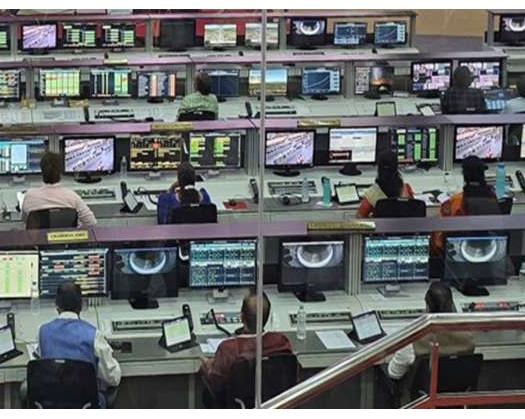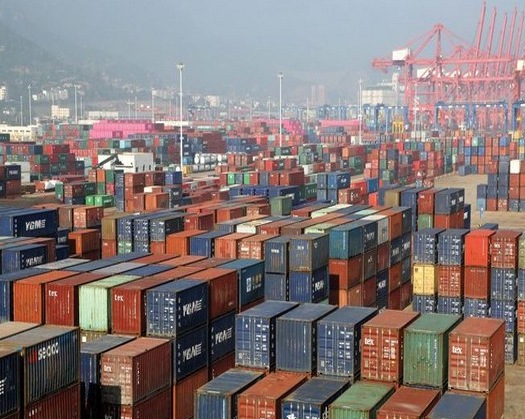New Delhi: The data centre sector in India is poised for significant expansion in the coming years, with total capacity projected to increase fivefold to 8GW by 2030, as per a report from Jefferies.
This growth will be driven by escalating data traffic, a greater reliance on artificial intelligence (AI), the need for reduced latency, and regulatory initiatives promoting data localisation.
The report noted, "India's data centre capacity is anticipated to surge 5x to 8GW by 2030, propelled by a dramatic increase in data traffic."
It emphasized that this capacity expansion will necessitate substantial investment. Establishing 1MW of data centre capacity in India demands a capital expenditure of USD 4-5 million.
To achieve the targeted additional capacity of 6.4GW by 2030, the industry will require a total capital expenditure of USD 30 billion. Additionally, leasing revenues are projected to increase fivefold to USD 8 billion by 2030.
The report indicated that the sharp rise in demand for data centres in India has been fueled by a 30x increase in data traffic since FY17.
This surge in traffic has been bolstered by growing internet access, increased smartphone usage, and the rising popularity of OTT platforms, digital payments, and e-commerce.
Furthermore, regulatory initiatives like the Digital Personal Data Protection (DPDP) Act of 2023, along with guidelines from the Reserve Bank of India (RBI), have bolstered demand by promoting data localisation.
Another significant element driving demand is the adoption of AI technology. AI servers require five to six times more energy than traditional servers and necessitate liquid cooling, which further amplifies the need for data centre infrastructure.
Currently, hyperscale cloud service providers (CSPs) represent 60 percent of data centre clientele, while the banking industry accounts for approximately 17 percent.
India's colocation data centre capacity has surged fivefold to 1.7GW, with occupancy rates reaching a high of 97 percent. This suggests that demand is currently exceeding supply.
The report also highlighted that the expansion of data centres will generate downstream opportunities across various related sectors.
The real estate sector could see a benefit of USD 6 billion, while electrical and power systems may encounter opportunities valued at USD 10 billion. Racks and fitouts could yield USD 7 billion, cooling systems USD 4 billion, and network infrastructure USD 1 billion.
Considering the substantial investment needs, access to capital will be crucial for companies looking to expand in this market.









